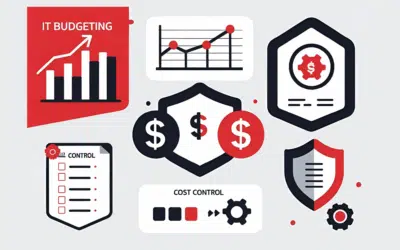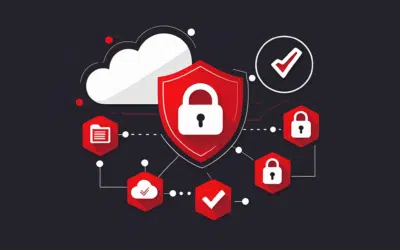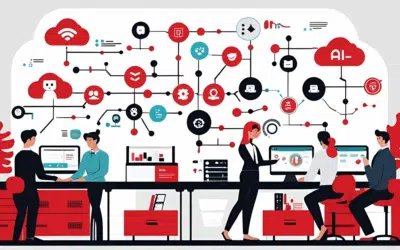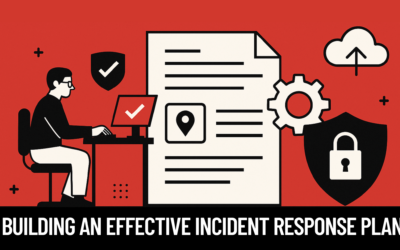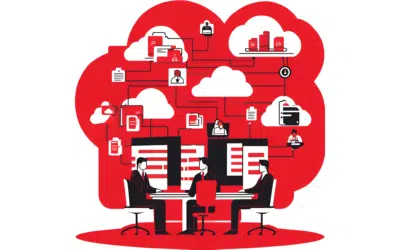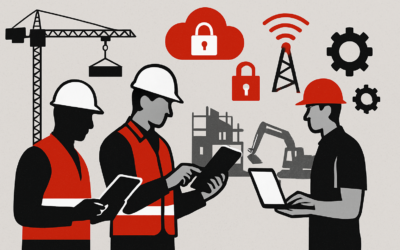 A huge portion of our daily lives is now spent online. We are usually connected at work and when we go home will probably sit in front of the TV while browsing on our phones or laptops. Pause for a minute and think about all the different websites you have accounts with. If you’re like most people, the vast majority of these sites have your private information, which you freely give. Do you take steps to protect this information? If not then it may be time you did.
A huge portion of our daily lives is now spent online. We are usually connected at work and when we go home will probably sit in front of the TV while browsing on our phones or laptops. Pause for a minute and think about all the different websites you have accounts with. If you’re like most people, the vast majority of these sites have your private information, which you freely give. Do you take steps to protect this information? If not then it may be time you did.
Here are three things you can do to help secure your data shared online.
1. Realize your online actions are risky Read any tech-related blog, or even syndicated news articles and it’s not hard to see that identity theft and cybercrime in general is not only serious, but on the rise. Let’s face it, our online actions are risky. As with any plan, the first step is realizing that there is a problem that needs to be fixed. The first step is to educate yourself about online security, what steps you should take, and what exactly it is.
For example, here’s a great article written in the middle of February about how different age groups react to Facebook changes, and if they take steps to minimize who can view their personal data. It’s kind of interesting to see that the younger generations take more steps to secure their profiles than their parents, yet you still see people with reputation damaging pictures that can be viewed by anyone.
2. Take matters into your own hands Many people already know their personal information online is at risk, but there are further things you should do to minimize any dangers:
- Don’t rely on websites to keep you secure – Websites like Facebook are companies. They exist to make money. How do they do it? Often by selling information you have given them access to. That’s not saying site owners don’t look out for their customers’ best interests – many do. What you need to do though is look at all the sites you have accounts with and ensure your information is secure to the level you are happy with.
- Provide the least amount of information possible – Think about the last time you joined a social network, or mailing list. You likely were asked to provide your name, address, birthday, etc. Did you know that you don’t have to provide all the information requested? Most sites only require your name and birthday, the rest is optional – usually used to provide better service or targeted ads. Many sites will put an asterisk beside required information to let you know that you have to supply this.
- Think twice before signing up – It’s a good idea when signing up for a new account to think twice. Do you really need this account? Or can you get by without it?
- Use separate email accounts and passwords – Setting up different email accounts is a good idea. One should be for personal use, so the address is given only to people you know. Another could be for all of your online accounts, with a final one strictly for password recovery. It would be best to make the addresses as different as possible. Beyond that you should have separate passwords for each account and every service. This will limit hackers from being able to gain access to multiple accounts.
- Secure your browsing – Almost every website that asks users to sign up for accounts offers a secure version of the site. Enter https://www. before the site address, e.g., https://www.facebook.com. https is a secure communications protocol that ensures one is communicating directly with the website – you’re actually looking at Facebook, not a phishing site designed to steal passwords.
3. Encourage others to think It’s not enough to just take action yourself. Encouraging colleagues, friends and family to also take steps to protect their online information and identities, is worthwhile. There are many great ways to help spread the word about safety, including the National Cyber Security website, which has information on Internet related security. Check it out, and share it!
If you would like to learn about how we can help you keep your information and data safe online, please contact us today for a comprehensive solution!

